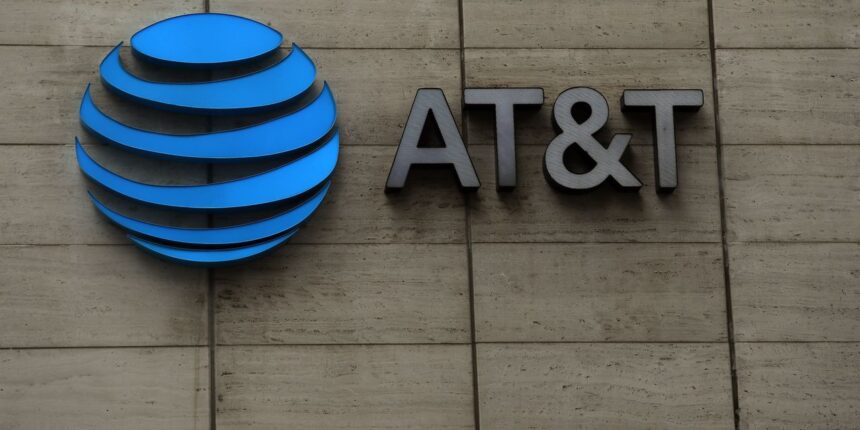AT&T Inc. said in a Tuesday court filing that it would hold off on prior plans to remove lead-sheathed cables running underneath California’s Lake Tahoe amid recent reporting on the legacy cables.
The company agreed back in 2021 to remove the Lake Tahoe cables, a move that AT&T’s
T,
lawyers said Tuesday was “simply to avoid the expense of litigation” even though the company “has always maintained that its lead-clad telecommunications cables pose no danger to those who work and play in the waters,” according to an attachment to the latest filing with the U.S. District Court for the Eastern District of California.
However, AT&T said Tuesday that given heightened attention on the cables brought about by recent Wall Street Journal reporting, it has determined that “the responsible course of action” is to allow further independent analysis of the cables rather than remove them, “and work cooperatively with regulators and other stakeholders on a risk assessment.”
See also: AT&T sees ‘incredibly healthy’ wireless market, even as several factors will ding growth for the June quarter
AT&T said it disagrees with the Wall Street Journal’s assertions that its older, lead-sheathed cables in Lake Tahoe and elsewhere pose a risk to public health. (The Wall Street Journal is part of News Corp
NWSA,
MarketWatch’s parent company.)
The telecommunications company said in the filing that its lead-clad cables constitute “a small part” of its network. AT&T’s records suggest these cables represent less than 10% of the company’s copper footprint, according to its estimates, and “a very small portion” run underwater.
AT&T shares have sold off in the wake of concerns about lead-clad cables and the possibility for AT&T to incur costs related to their removal or other remediation measures.
Read: AT&T’s stock sinks toward 30-year low as it nabs another downgrade
The stock ended Tuesday down 0.6%, extending to a 10th trading day its streak of sessions without a daily gain. AT&T shares have declined 16.6% over the past 10 sessions.
See also: Verizon’s lead ‘overhang’ may limit dividend increases, analyst says in downgrade








